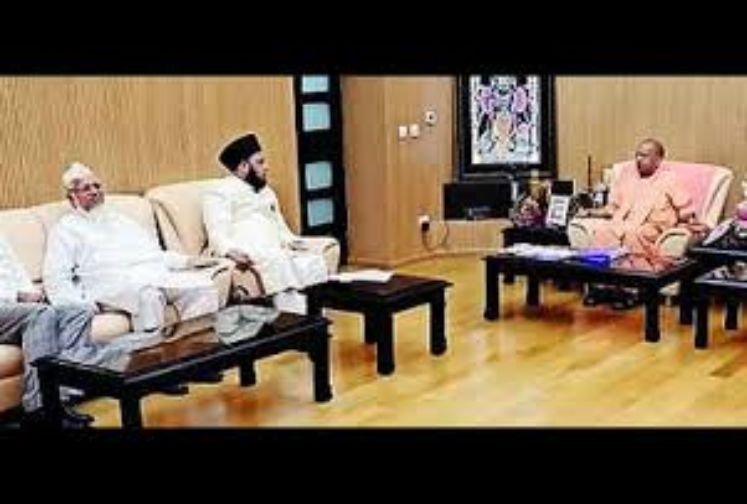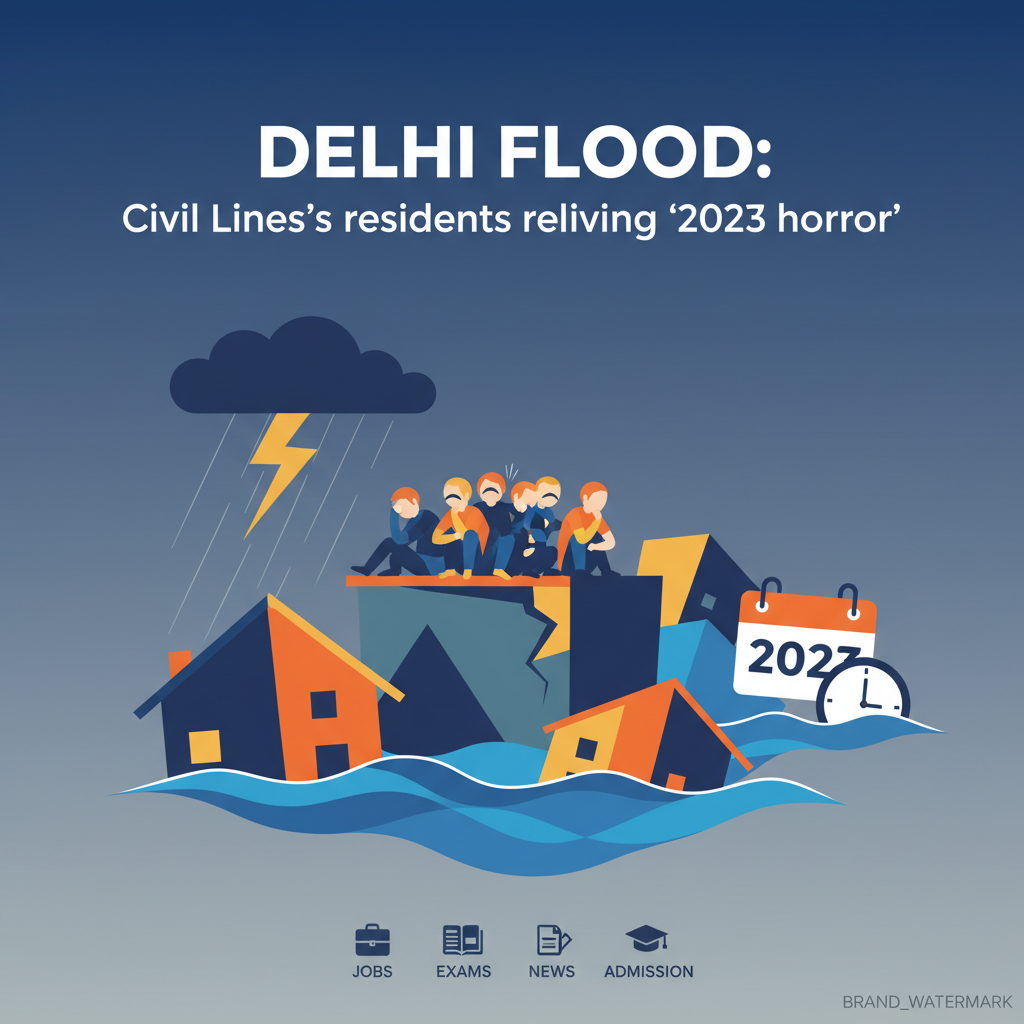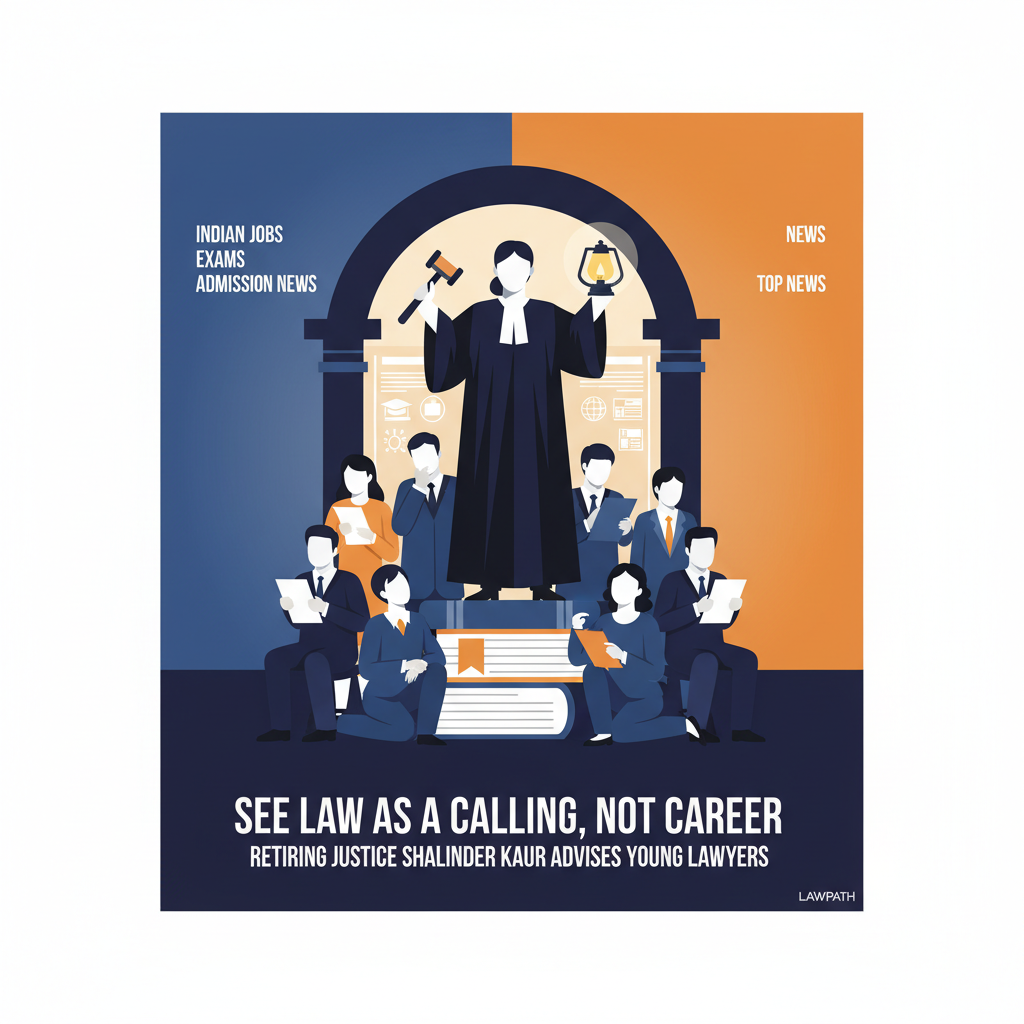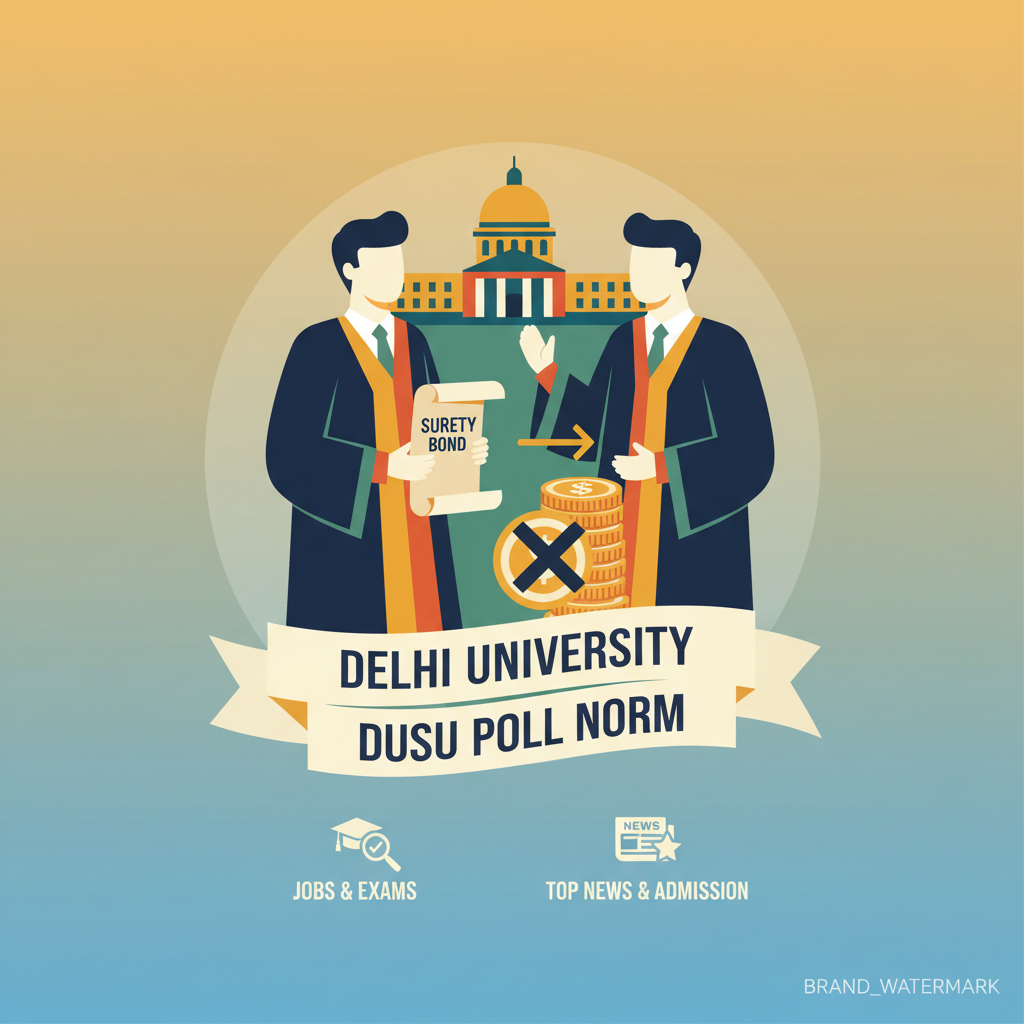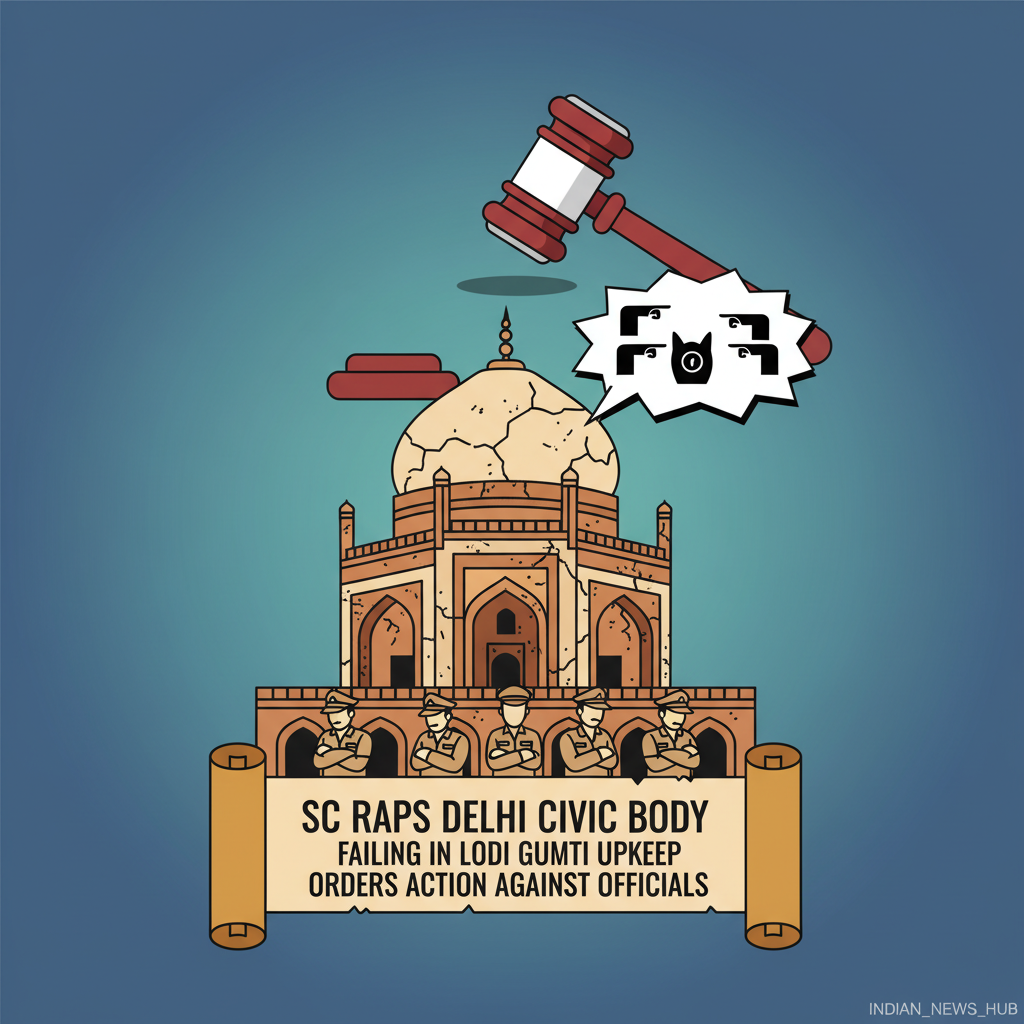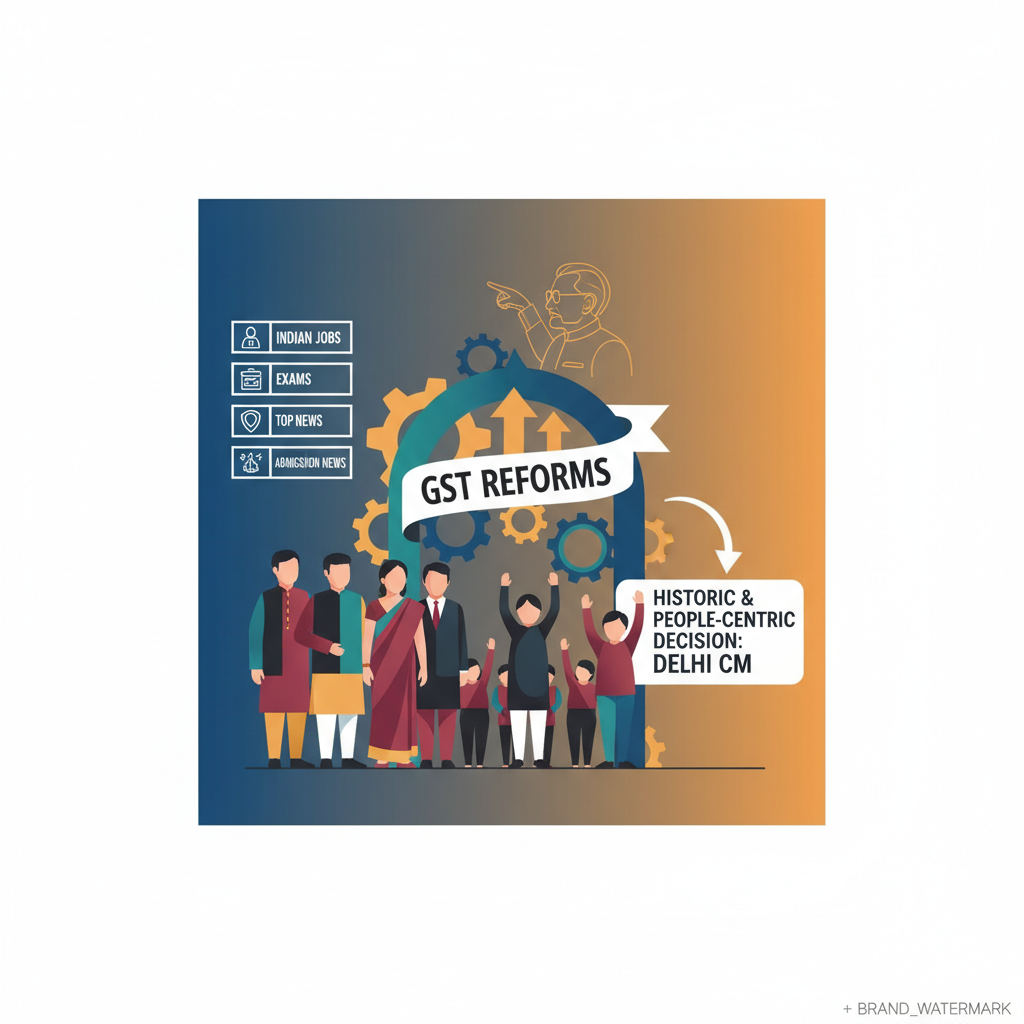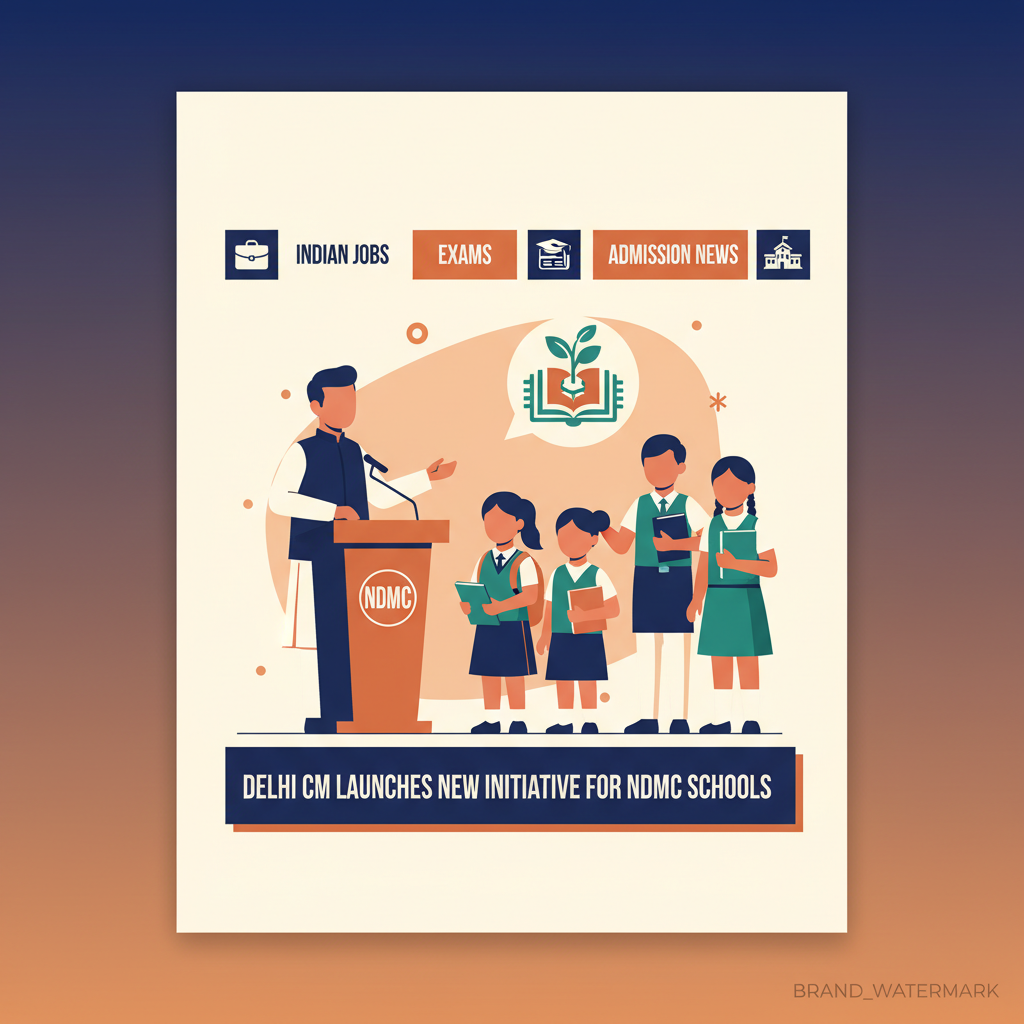AIMPLB Meets UP CM: Muslim Board Challenges Madrassa Relocation Order, Citing Constitutional Rights & Education
LUCKNOW, July 31, 2024 — The All India Muslim Personal Law Board (AIMPLB) has met with Uttar Pradesh Chief Minister Yogi Adityanath to appeal against a state government order relocating 8,449 madrassa students. The AIMPLB argues that this directive violates constitutional rights and disrupts the education of numerous students in unrecognized madrassas across Uttar Pradesh.
- AIMPLB meets UP CM to discuss madrassa student relocation
- Appeal made in Lucknow, Uttar Pradesh on July 31, 2024
- Aim to protect constitutional rights and educational stability
- Formal request to revoke the UP Madrassa Board’s relocation order
Madrassa Relocation Directive
The controversial order stemmed from a June 7 communiqué by the National Commission for Protection of Child Rights. It mandated a survey of unrecognized madrassas and the subsequent relocation of students to recognized institutions. The AIMPLB meets UP CM to argue that this action not only disrupts education but also infringes upon constitutional protections granted to minority institutions.
Legal Implications of the Relocation Order
During the meeting, AIMPLB highlighted that the directive violates several articles of the Indian Constitution, including Articles 14, 21, 26, 28, 29, and 30. These articles safeguard the rights of minorities to establish and administer their educational institutions. Furthermore, the Right to Education Act of 2009 explicitly exempts madrassa from its purview, strengthening AIMPLB’s position against the relocation order.
AIMPLB’s Statements on Madrassa Education Quality
Maulana Fazlur Rahim Mujaddidi, AIMPLB General Secretary, stated, “Madrassas play a crucial role in providing quality education and free lodging to countless children. The directive not only disrupts their education but also infringes upon constitutional rights.”
The AIMPLB meets UP CM to emphasize the high quality of education provided by madrassas like Darul Uloom Deoband, Darul Uloom Nadwatul Ulama Lucknow, Jamia Salafia Banaras, Jamia Ashrafia Mubarakpur, Jamiatul Falah, and Madrasa Al Islah. They noted that students from these institutions often secure placements in prestigious universities both in India and abroad for higher education.
Implications for Education in India
This controversy underscores ongoing tensions between educational autonomy and regulatory oversight in India. As AIMPLB meets UP CM, the outcome could set a significant precedent for the treatment of minority educational institutions in the country. The board’s request for revocation highlights a broader struggle to maintain the autonomy and integrity of religious educational institutions amid increasing regulatory changes.
Madrassa Education & Government Roles
The resolution of this issue could have lasting implications for the future of madrassa education in India. It raises questions about the government’s role in education, including the Ministry of Education budget allocation and the balance between religious and secular education. The AIMPLB meets UP CM to discuss these broader implications and seek a resolution that respects both educational standards and religious freedoms.
AIMPLB’s Stance on Madrassa Rights
The AIMPLB’s meeting with the Uttar Pradesh Chief Minister is a crucial step in defending the constitutional rights of minority educational institutions. As AIMPLB meets UP CM, they aim to protect the future of madrassa education in India and ensure that students in these institutions continue to have access to quality education that prepares them for further studies and examinations like the NEET UG exam.
For more information on this developing story, visit AIMPLB’s official website or the Uttar Pradesh government portal.
- IIT Kanpur Y24 Batch Orientation Welcomes 2,700+ Students, Introduces Faculty Guide Network and Anti-Ragging Measures
- Child Marriage in Rajasthan: Ongoing Crisis in Bundi District Highlights Cultural & Economic Challenges
- UPSC Coaching Centres Deaths: Delhi Floods Spark Inquiry, Debate Over Safety at Rau’s IAS Study Circle
- IIT Kanpur Signs MoU with SAIL for Steel Industry Innovation: Decarbonization, Hydrogen DRI, Waste Utilization

